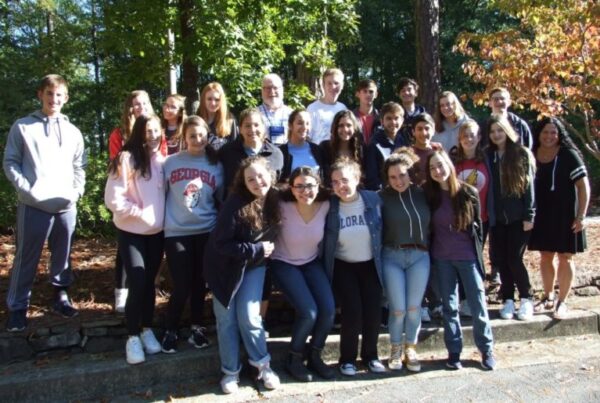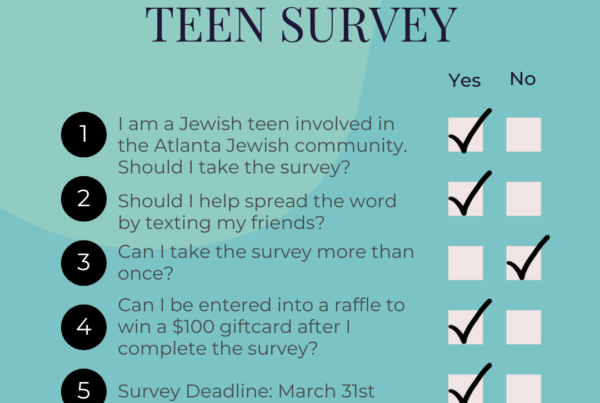It is amazing how quickly the world can change. I want to thank everyone in the JumpSpark community for your patience as we reassessed our SparkGrants for FY20. Through conversation with many community partners and stakeholders, both locally and nationally, we have created a three-phase approach for SparkGrant applications and decisions.
The world is still changing. With all of our grants, both renewals, and new grants, JumpSpark is requiring a completed scenario planning sheet. This sheet is designed to share how the grant would be operationalized in-person, virtually and in a hybrid (mixed virtual/in-person) scenarios.
Please note, all grants must meet Spark Grant requirements and be able to be operationalized in either a hybrid (in-person/virtual) or all-virtual settings. Grants for in-person only programming will not be considered at this time.
As always, the JumpSpark team is here to talk, dream, and build with you. We are all in uncharted waters, but we are all here together. Please reach out to talk at any time.
SparkGrant Key Dates:
- June 1st Renewal agreements and scenario planning sheets due
- June 15th Revised grant proposals and scenario planning sheets due
- July 15th Revised grant decisions announced
- July 15th-August 1st #StayingStrong grant applications open
- September 1st #Staying Strong grant decisions announced
Phase One: FY19 Spark Grant Renewals only ($190,000)
- On Friday, May 15th grant renewal agreements and scenario planning sheets will be sent out to the recipients of FY19 SparkGrants
- Please return both documents to JumpSpark by June 1, 2020
- Renewal payments will go out by June 15th, 2020 electronically.
Since the start of stay-at-home measures, JumpSpark has continued to provide micro-grants to organizations creating responsive programming or opportunities for teens that speak to the current moment. (Up to $7000). Example: NFTY-SAR’s virtual Spring Kallah https://jumpsparkatl.org/spark-note-the-one-on-zoom/
Phase Two: Pending SparkGrant Applications for R&D Grant, Navigating Parenthood and Teen Thriving ($150,000)
- If you or your organization applied for an FY20 Spark Grant that is still able to be operationalized, you must submit a scenario planning sheet by June 15th to be considered for a grant.
- Revised grant proposals must meet Spark Grant requirements and be able to be operationalized in either a hybrid (in-person/virtual) or all-virtual settings. Grants for in-person only programming will not be considered at this time.
- Decisions for phase two will be announced on July 15th, 2020
Phase Three: #StayingStrong Grants ($300,000)
Given the new reality we are in, what does your organization need to make sure your teens, parents, and youth-serving professionals are #Stayingstrong? What learnings have you gathered during this uncertain time that is changing how you want to do things moving forward? In what way do you want to seize this moment to try something new? How could you rethink collaboration in this virtual world to increase impact and expand bandwidth? Grant funding is available up to $25,000 to support staffing, professional development, and program creation and design.
- JumpSpark will open the new #StayingStrong grant applications on July 15th, 2020, and close August 1st.
- All new grant proposals must complete a Spark Grant application and a Scenario Planning sheet.
- New grant proposals must meet Spark Grant requirements and be able to be operationalized in either a hybrid (in-person/virtual) or all-virtual settings. Grants for in-person only programming will not be considered at this time.
- Decisions for #StayingStrong grants will be announced on September 1, 2020.
All SparkGrants must:
•Serve either Jewish teens, teen-serving professionals, the families of Jewish teens, or all three. •Support, develop, or foster the infrastructure of the Atlanta Jewish teen community. •Seek to create new points of entry for Jewish teens, parents, and professionals to thrive in the Atlanta Jewish community. •Meet an identified need or want in the community and have an established constituency. •Create spaces that are pluralistic and radically welcoming. •Provide high-level Jewish learning and community building opportunities. •Foster collaboration with multiple partners with one clear project owner





